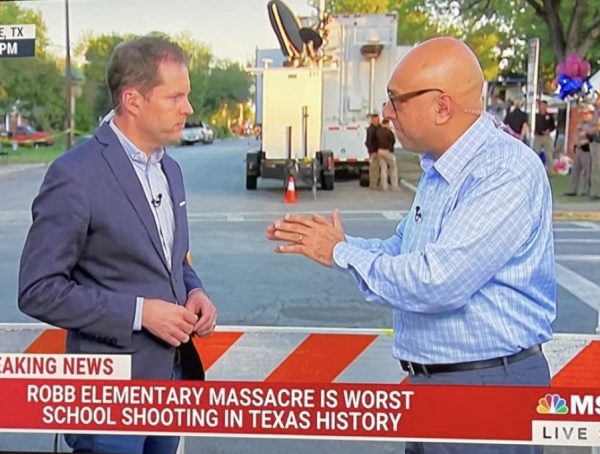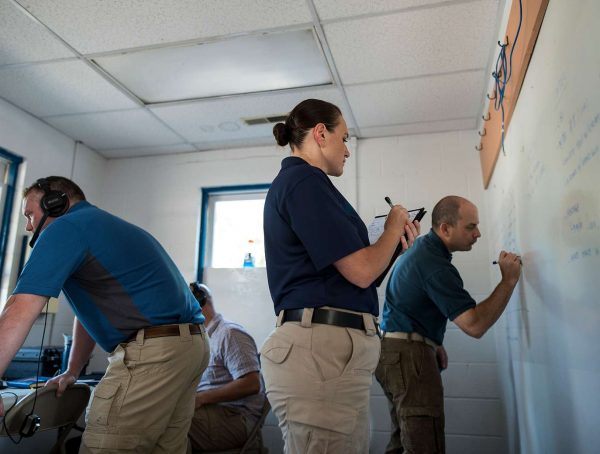Award-winning investigative journalist Andy Kroll has devoted most of his career to writing about politics, money, power and democracy. At the University of Mississippi School of Journalism and New Media, the ProPublica reporter talked about the value of data-driven storytelling.
Remarks are lightly edited for clarity.
Data-driven journalism is a growing area of interest in newsrooms, why do you think that is?
Kroll: I think it’s because there are a lot more tools available now for journalists to analyze data than there were in the past. The tools that you all have available, even just the basic Google Suite–, Google Sheets, or Microsoft Excel.- The ability now to analyze that data, sift through it to find stories in it is just so much more advanced than it’s ever been. And it’s only getting more advanced.
Are there any free tools you recommend to people just getting started in this industry?
Kroll: There’s a great tool called Census Reporter that gives you some awesome visualizations. [It’s] another one of those things where you can just plug in whatever it is you’re trying to understand. I use this a lot actually writing about politics because I write about congressional districts…..and I find myself going to this tool a lot.
What do you see as the biggest mistakes that people make when using data to inform storytelling? What are the pitfalls that people are new to this should watch out for?
Kroll: I would say just because you find a data set, let’s say, on a website for some agency or state government, that they make mistakes in their data, too. The data set could be gathered incorrectly in some places. Honestly, sometimes people just make clerical errors-putting it on the website and [entering it wrong]. Then, they put it out into the world, and [now] you, an enterprising reporter, are going to get it. You’ve got to check all this stuff on your own. You just can’t trust that because it’s in a spreadsheet and it looks very official that it is accurate.
Is it ever hard for you to not be objective? When you see numbers or you see when something’s impacting the community really heavily, how do you remain that sense of objectivity?
Kroll: Everyone that you write about, you have to give them a chance to tell their side of it, to give them a chance to comment on something. Even if your story is what they might perceive as somehow antagonistic, or they don’t like it…. you still have to reach out to [them] or his lawyer, his press person, and you have to talk to them for your story.
Besides being detail oriented, and inquisitive, what are some other skills that anyone interested in this type of work data-driven storytelling may need to develop?
Kroll: There are “data boot camps” that you can do. ProPublica offers that, actually, where our crazy smart data reporters will walk through the basics of using the tools that they use, how they pick stories-how they take a story from an idea pitch to finding the data, to turning the data into something like that black snow story. (Black Snow was a data-driven story produced in partnership with The Palm Beach Post and explored the hazards of Florida’s sugar industry.)
Kroll says ProPublica keeps two key questions in mind when deciding whether to report a story:
“What is the harm and who is accountable? Data helps journalists find those answers.”








